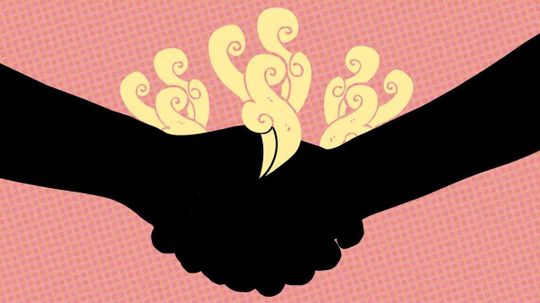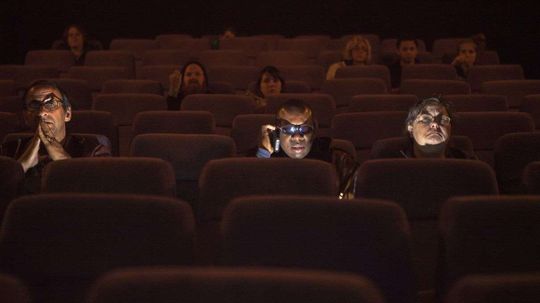Human Behavior
Human Behavior covers a variety of mysterious, engaging topics. Learn about how why humans behave the way they do and more.
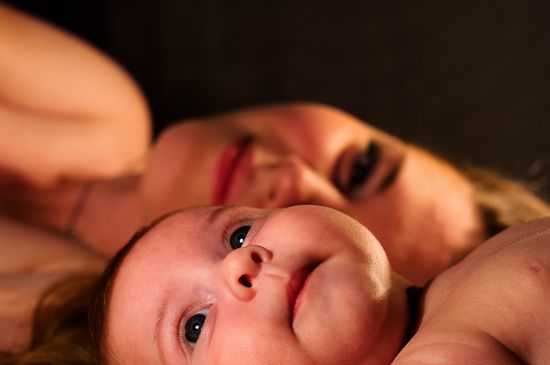
Youngest Child Syndrome: The Perks and Challenges of Being the Baby of the Family

Only Child Syndrome: What It Is, Myths, and Facts

9 Hangover Cures From Around the World
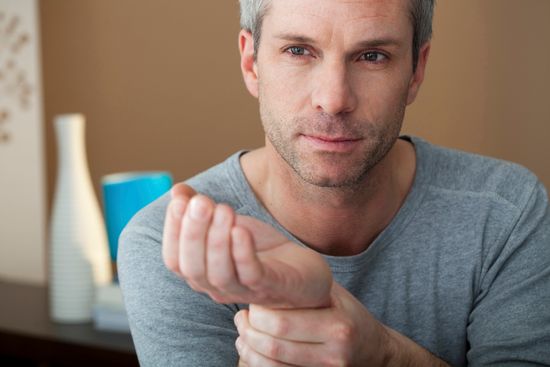
Can you really feel the weather in your bones?

10 Myths About Body Fat

What causes 'old person' smell?
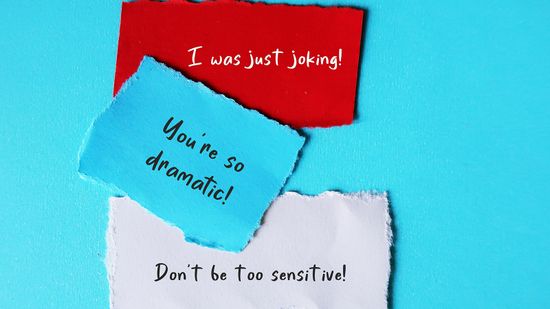
Why Is the Term 'Gaslighting' So Popular Now — and So Misused?

Feel Like a Fraud, Despite Your Success? You Might Have Impostor Syndrome
Learn More / Page 2
Whither the Good Samaritan? A new study finds the chance of receiving a stranger's aid in a public medical emergency is close to zero - and worse if you're black or poor.
With 20 percent of U.S. women born after 1970 not having children, the question of who will provide elder care is becoming more urgent.
By Dave Roos
And you probably don't even realize you're doing it.
By John Donovan
Advertisement
If you've ever met someone who obsessively kept track of every perceived wrong committed against them, then you've met one. The problem is when they turn violent.
By Julia Layton
Audio description is kind of like that friend who whispers key plot points to you during the movie when you miss them. It's pretty handy for blind film buffs.
By Julia Layton
It's no rinky-dink Mickey Mouse clock. The body clock is a strange and wonderful thing, calibrated to reflect a variety of biological rhythms that you may not have known are beating inside your body. And scientists are still not sure why it exists.
By Chris Opfer
Could your ancestors be to blame for your overeating or excess spending? Unnecessary scapegoating is a lousy thing to do, but could there be some weight to this suggestion?
By Bambi Turner
Advertisement
Social media is overflowing with cute content -- everything from babies to puppies to seriously adorable lunchboxes. Find out why cute things make you go "aww!"
"I'm addicted to you baby. You're a hard habit to break." So wailed the lead singer of the group Chicago. But there are harder habits to break out there â€" like nail biting and procrastinating. Do you do any of the things on our list?
You may think you know the answer to this one if you've pulled this this prank on one of your hapless friends. We, however, are trading your anecdotal evidence for real research to answer this question once and for all.
Secrets are powerful. Revealing them can end years of guilt, destroy lives -- or both. If it's time to spill the beans, take some time to plan for the fallout.
Advertisement
What you don't know can't hurt you, right? Maybe not. Studies show secrets may actually be harmful to both those keeping them -- and those they're keeping them from.
Habit, a learned action or other form of behavior that is repeated often enough for it to become a largely automatic response to a particular stimulus or situation.


